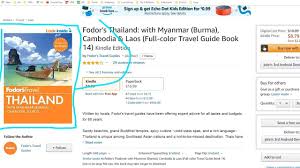Even though creating an original brand that sells distinctive products is one of the most well-liked rising techniques for Amazon sellers, reselling enables you to enter the market with a reduced entry charge and minimal labor. Becoming an Amazon reseller is a tried-and-true strategy for starting an e-commerce business. The method has been used for a while, but there are still a lot of questions and doubts about it. This manual will assist in explaining the difference between seller and reseller before learning how to get best affiliate programs that pay daily realisticpay.

Back then, practically all of the people who worked at Amazon were resellers, mainly business owners of brick-and-mortar or online companies who used the marketplace as an additional sales channel.
However, as the number of resellers increased, they were compelled to cut prices—and, by extension, their margins—to remain competitive. Unfortunately, there else could be done to differentiate yourself from the competition since prices couldn’t continue to decline forever. At that point, there was a movement toward becoming a seller—someone who produces their unique product and sells it on Amazon.
Additionally, being a seller nowadays is often regarded as a more sustainable business strategy because you don’t have to compete on price with other resellers. But reselling can be a good option if you’re just getting started on Amazon and don’t want to (or can’t afford to) invest in creating a distinctive brand, provided you do it wisely, of course.
You may no longer be competing with other comparable resellers, where you only need to give the lowest price because huge brands, private label brands, and suppliers of unique products have joined the Amazonverse.
Nevertheless, there is still money to be produced in a sector that only expands annually. Therefore, direct resellers and proprietors of distinctive products will always have a place in the market.

